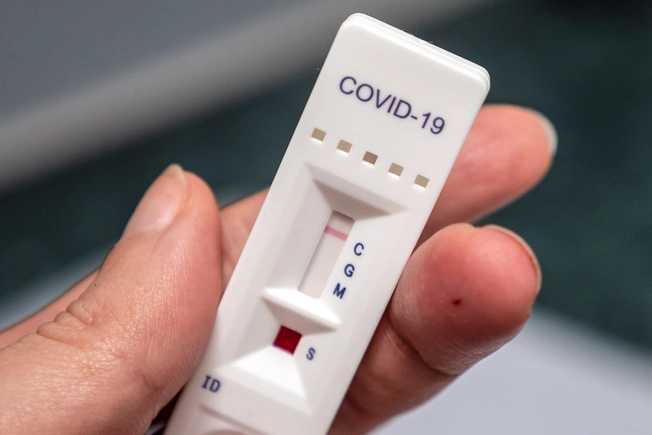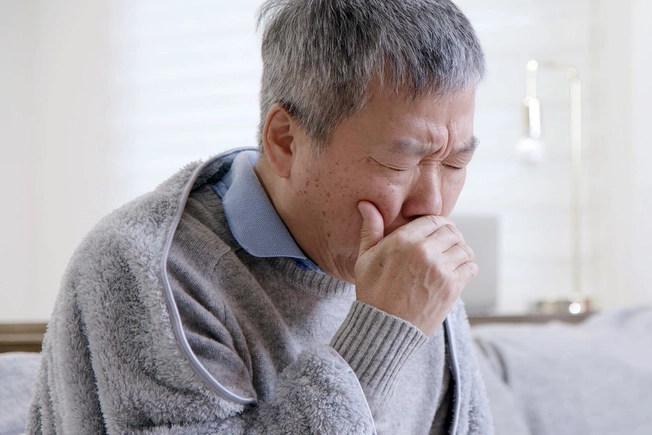Signs You Should Have a COVID-19 Antibody Test


Why You May Need an Antibody Test
There’s still a lot to learn about COVID-19, the respiratory disease caused by the new coronavirus. One thing experts know for sure is that symptoms can look like those of other conditions, including the flu. Because of this, along with the fact that testing wasn’t widely available at the beginning of the pandemic, some people weren’t tested. Talk to your doctor about taking an antibody test if you had COVID-19 symptoms at some point or if you have long-term symptoms that just won’t go away. These can include fatigue, cough, trouble breathing, headache, and joint pain.

How It Works
This blood test checks for antibodies, or proteins, your immune system makes when you have an infection. It can’t tell you if you currently have COVID-19 -- it just tells you if you had it in the past. Keep in mind that even if your antibody test is positive, you should still take steps to protect yourself from the virus. That’s because researchers don’t know if you can catch it again like a cold or the flu.

No Sense of Smell or Taste
Can’t smell your favorite perfume or those cookies baking? That’s because researchers have found that nearly half of people with COVID-19 lose their sense of smell or taste. And it sometimes take a while to come back. Ask your doctor about antibody testing if you have these symptoms.

Chest Pain
You may want to get an antibody test if you had chest pain along with other symptoms of COVID-19 or if you still have them. One study found some people still had chest pain weeks after diagnosis.

Extreme Fatigue
Talk to your doctor about antibody testing if you’ve had low energy for a while, long after symptoms that could've been COVID-19. One study found that some people with COVID-19 were still tired weeks later.

Constant Cough
It’s one of the most common COVID-19 symptoms that can stay with you long term. Call your doctor if you’ve had a cough for more than 2 months (1 month for kids).

Shortness of Breath
Also called dyspnea, this is another common symptom of COVID-19. Talk to your doctor if you’ve had shortness of breath for a while, along with other COVID-19 symptoms.

Headache
It’s another long-term symptom of the virus.

Flu-Like Symptoms
COVID-19 and the flu can look a lot alike. Both come on suddenly, and you may cough a lot, feel very tired, and have body aches or a headache. You might also vomit and poop a lot. An antibody test could let you know whether COVID-19 caused your symptoms.

You Were Sick at the Beginning of 2020
Did you have COVID-19 symptoms in early 2020? Experts say that’s when the virus first started spreading around the world. Also, consider if you traveled during that time, especially to countries with an outbreak of the virus. Keep in mind that if you did have COVID-19, the antibodies may already be gone.

You’ve Been Around Someone With COVID
COVID-19 mainly spreads from person to person when someone with the virus coughs, sneezes, or talks. You can get it even if the infected person doesn’t have symptoms. It usually spreads between people who are in close contact (about 6 feet) for 15 minutes or more. Talk to your doctor about antibody testing if you’ve been in close contact with someone who’s tested positive.